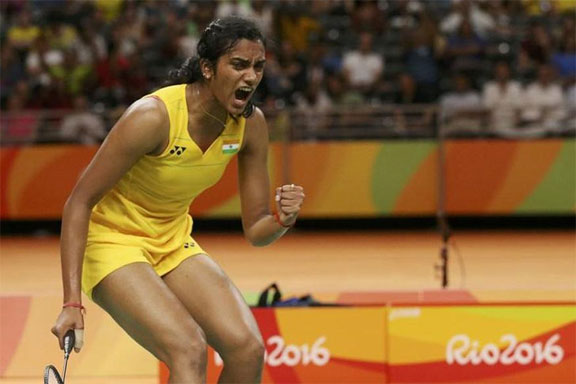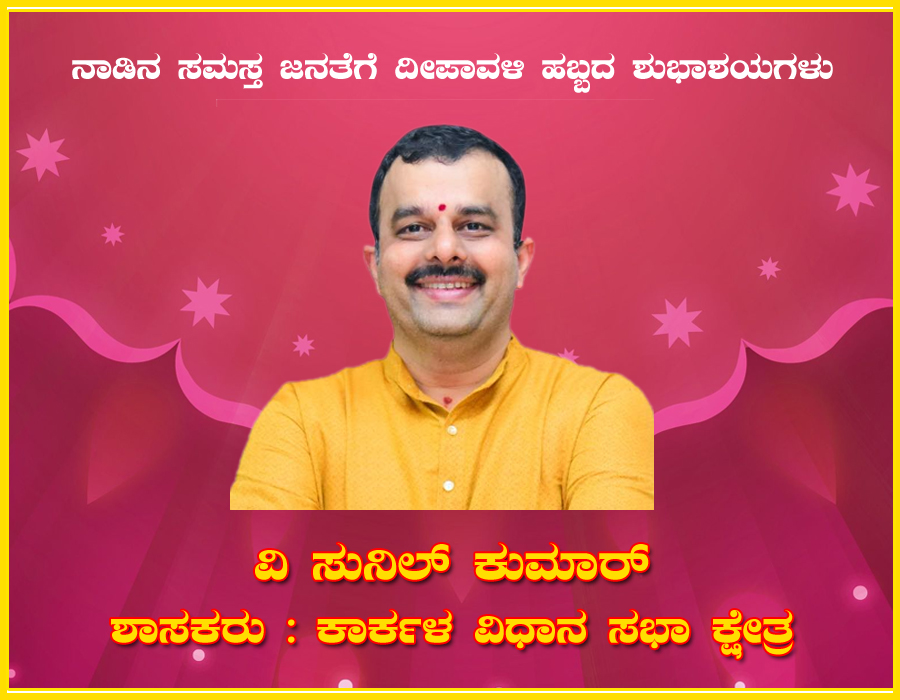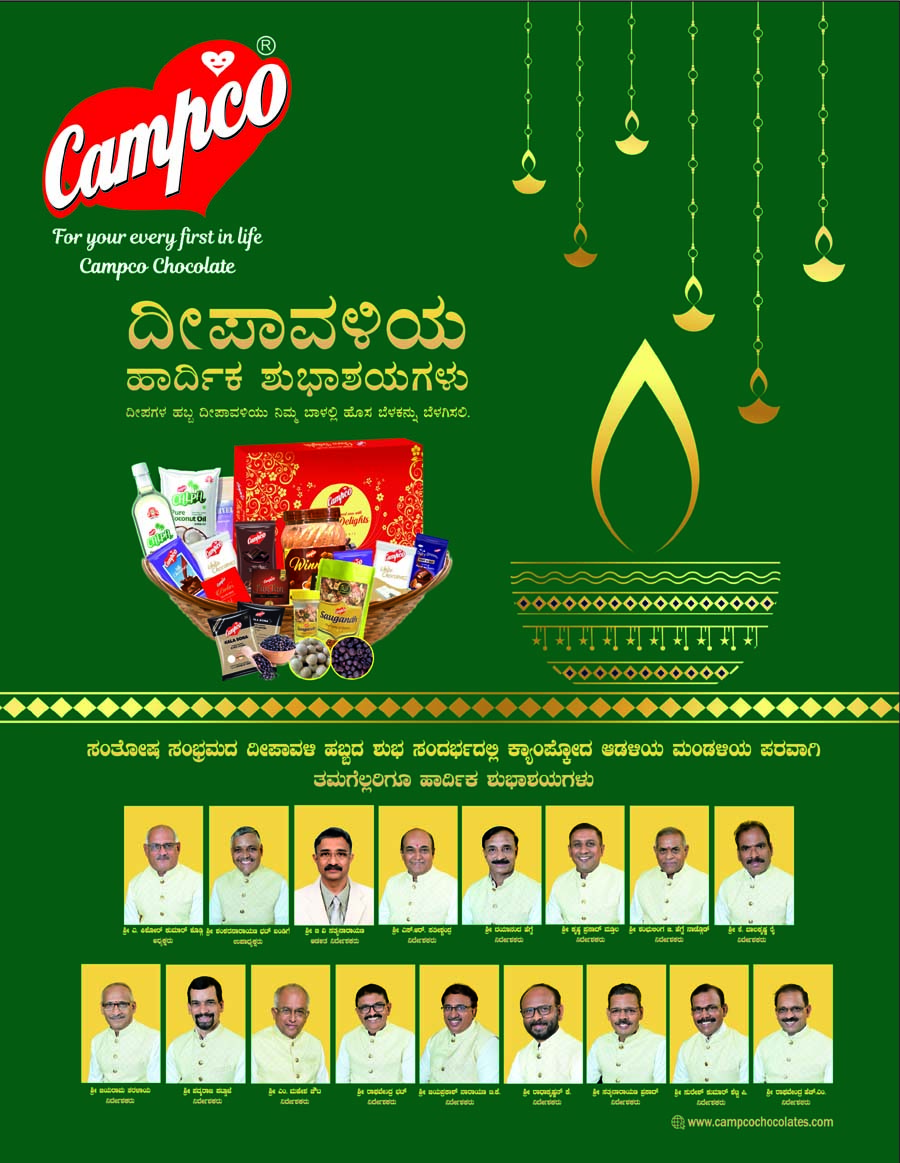P V Sindhu enters into Olympic finals; another medal assured for India
8:44 AM, Friday, August 19th, 2016 Rio de Janeiro: For the second time in less than 24 hours, India has been assured an Olympic medal. Earlier on Thursday, wrestler Sakshi Malik ended nearly two weeks of frustration, disappointment and hurt at the 2016 Rio de Janeiro Games when she became the first woman wrestler from India to bag an Olympic medal, and only the fourth female athlete from the country to stand atop a podium at the pinnacle of world sport.
Rio de Janeiro: For the second time in less than 24 hours, India has been assured an Olympic medal. Earlier on Thursday, wrestler Sakshi Malik ended nearly two weeks of frustration, disappointment and hurt at the 2016 Rio de Janeiro Games when she became the first woman wrestler from India to bag an Olympic medal, and only the fourth female athlete from the country to stand atop a podium at the pinnacle of world sport.
At Rio centro, PV Sindhu guaranteed that she would become the fifth, having beaten Japan’s Nozomi Okuhara – ranked fifth in the world – in straight sets 21-19, 21-10 spanning 51 minutes in the semi-finals of the women’s badminton singles at the 2016 Rio Olympics. The first Indian in an Olympics badminton final — say it again, and let the words roll of your tongue as you do.
Sindhu will now play Carolina Marin, the world No 1, in the final on Friday at 19:30 IST.
For the record, Sindhu had beaten Marin 21-15, 18-21, 21-17 across 72 minutes in last year’s Denmark Open final – her first win over the Spaniard in four outings.
Sindhu, the last of India’s shuttlers at the Games, dominated the first game with some beautiful backhand flicks and cross-court smashes. The initial exchanges were close, as underlined by margins of 5-3, 6-4 and 7-4, but as the game progressed Sindhu’s stamina and strength came to the fore. A fierce smash down the left side of her opponent’s court set up a five-point advantage. Repeatedly pushed back, and twice falling to the floor, Okuhara had a few tough moments but still rallied to make it 13-15 before an error in judgement in front of the net put Sindhu three points ahead. The Japanese shuttler did not buckle, to her credit, but was struggling by the time the first game ended 21-19 in Sindhu’s favour after 27 minutes.
The 21-year-old made a jittery start to the second game, down 3-5 in the first few minutes. A terrific smash right into the centre of the court leveled it 5-5, and then a beautiful smash angled across Okuhara made it 7-6. Okuhara didn’t buckle, which meant that the second game was far more intense than the first. Serve after serve, return after return, smash after smash, Sindhu and Okuhara went at it, adding to the allure of a riveting contest. This was sport at its best, neither opponent ready to concede an inch but in the end, Sindhu rose too far beyond Okhura.
At times she glided the shuttle off her racquet, either across the court or just over the next, with deftness; then, suddenly, she smashed it with ferocity as unexpected as thunder on a sunny afternoon. When she fell behind, she fought back, her shots resulting in advances of at times thundering ferocity across the canvas of the badminton court. This was wristy magic, delivered with high arms while her long legs remained symmetrical in motion. Some points won were not just through flicks of the wrist, but with the grace if sensual sinews. When she nailed the winning smash, making it 21-10, Sindhu let out a roar. And India jumped to its feet.
Sindhu had entered the pre-quarters with a grueling 72-minute win over Canada’s Michelle Li 21-19, 21-15, setting up a very tough match against the world No 2 and London Olympics silver medalist Yihan Wang of China. Sindhu trailed by 10-12 and was later 20-20 but maintained her calm to win two points and take an intense first game. In the end, she beat Yihan – seven years older than her – 22-20, 21-19 to become the second Indian after Saina Nehwal to reach the last four at the Olympics.
Such outstanding form and temperament was perhaps difficult to envision from Sindhu given her middling form in 2016, which saw her exit a few tournaments at the quarter-final stage. The only title she has won this year is the Malaysia Masters Grand Prix Gold, where she beat Scotland’s Kristy Gilmour 21-15, 21-9. She was runner up to her compatriot Gadde Ruthvika Shivani in the South Asian Games, her second best result.
Simillar Posts
Warning: count(): Parameter must be an array or an object that implements Countable in /home/megamcaq/public_html/wp-content/plugins/post-plugin-library/common_functions.php on line 357
- None Found
Leave a Reply
© Copyright 2008 www.megamedianews.com All Rights Reserved. Privacy Policy








 Posted in
Posted in  Tags:
Tags: 






